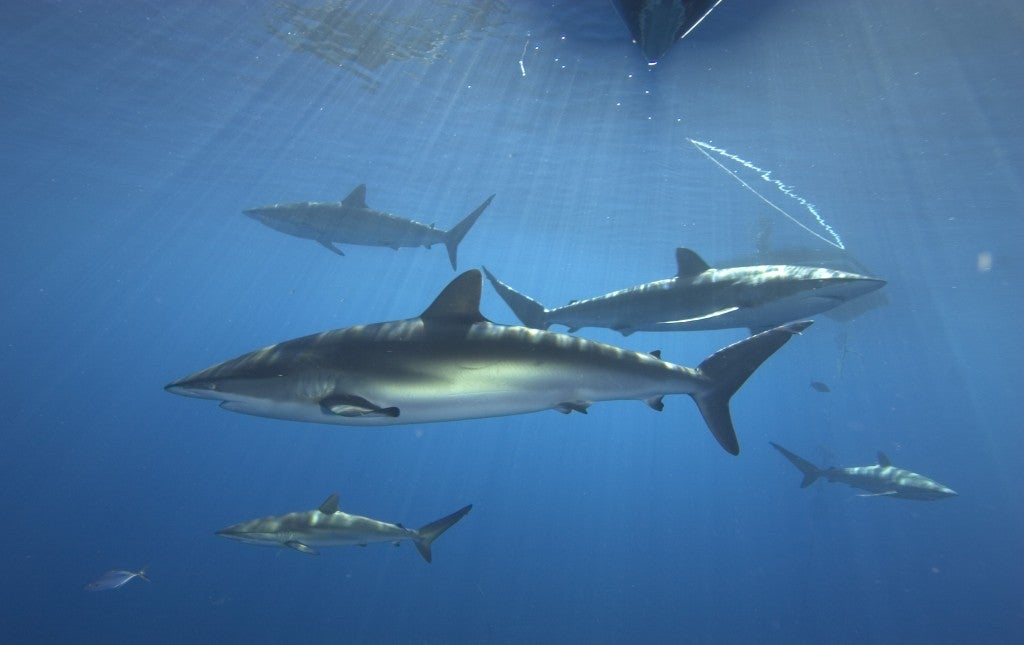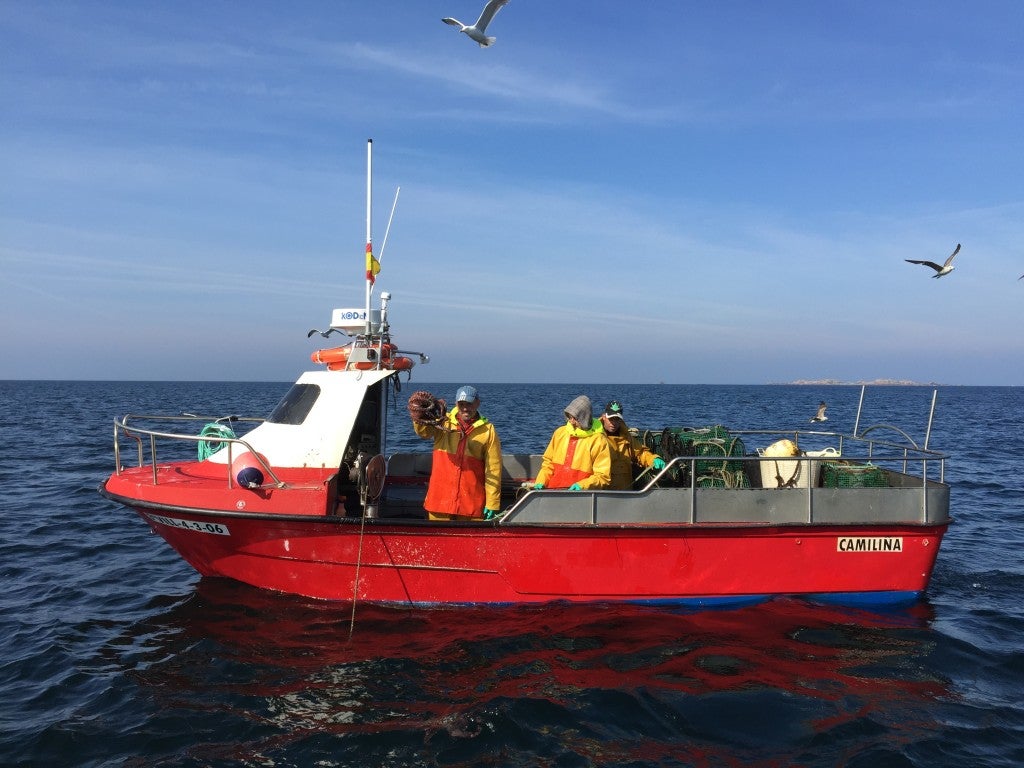
Caribbean Reef Sharks. Photo: Noel Lopez-Fernandez
This week, sharks make their annual summer migration to the Discovery Channel for Shark Week. It’s a great time to learn about some of the advances in shark research happening every day. In just the time since Shark Week 2015, we learned new things about where we can find the world’s largest concentration of sharks, how great white sharks migrate, how sharks use their photon conductive noses to hunt fish, and how catsharks grow brighter the deeper they swim. We’re also discovering new species to add to the growing list of hundreds of different sharks every couple of weeks.
Yet, with all these new findings, we still have a lot to learn about these keystones to our ocean ecosystems. Off the East Coast and in the Gulf of Mexico, a large number of shark species swim in and out of U.S. waters. The National Marine Fisheries Service (NMFS) manages these species of sharks—including many known to be highly susceptible to overexploitation such as great whites, whale sharks, and bigeye threshers. Read More










